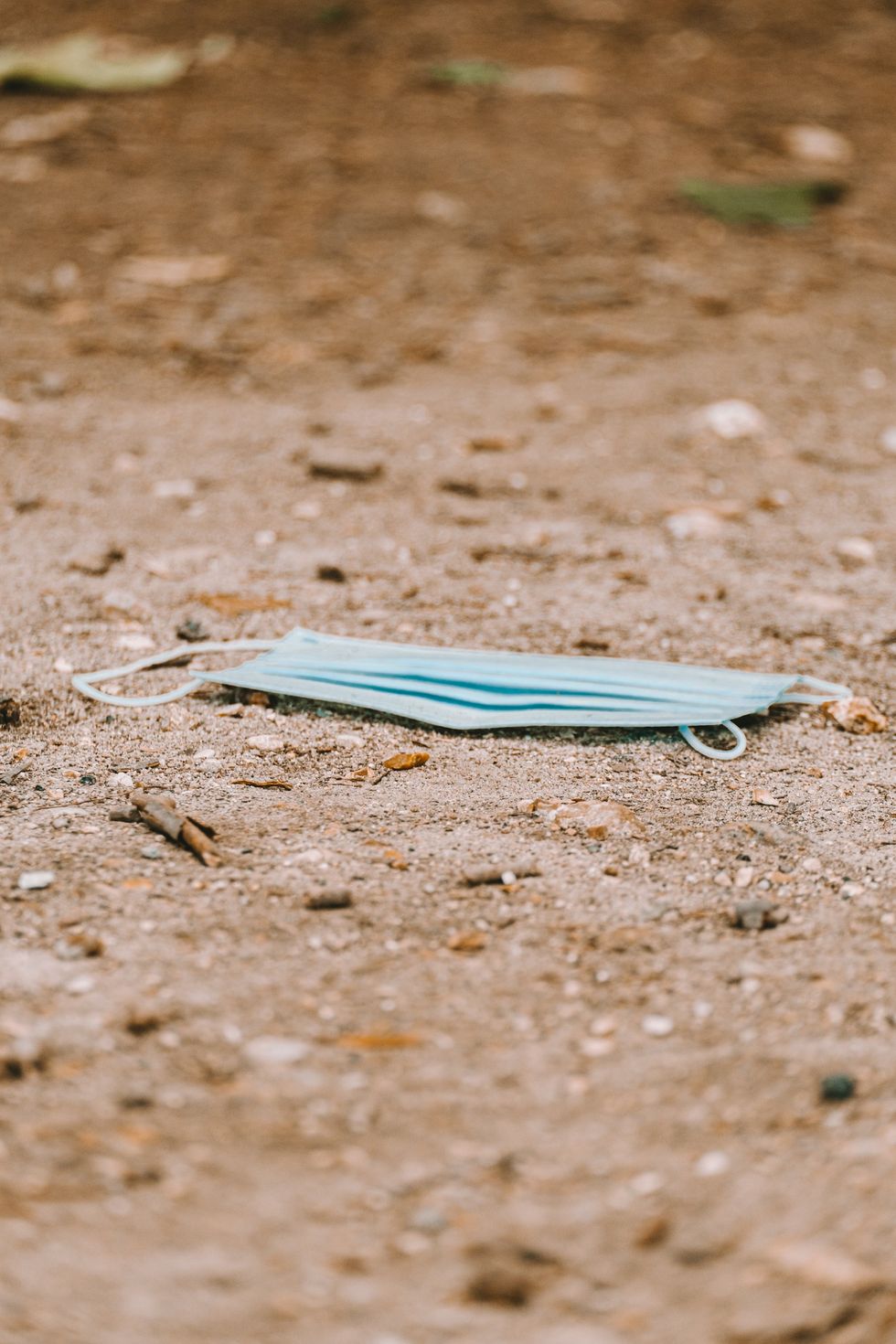A little science here for you: most people think that trees make up the majority of our oxygen. But in reality, the ocean makes up around 70% of the oxygen and around 30% comes from the trees.
With masks becoming mandatory in certain states and stores, people tend to use disposable, surgical masks. After people are done with their activities, people will either recycle or litter their masks. However, these masks end up going into the ocean where sea creatures believe that the mask is either a jellyfish or food. According to The Guardian, there will be more masks in the ocean than jellyfish if people continue to recycle or litter their masks.
The ocean is already in danger from the current trash and plastic that's killing sea creatures. But there are ways to stop this from becoming worse.
1. You DO NOT recycle disposable masks
First of all, it's in the name, DISPOSABLE masks. There is no need to recycle disposable masks. After use, just simply throw it away at the nearest garbage can you see. Simple.
2. Try a cloth mask
Cloth masks are reusable and washable. After use, just get a bowl and put water (cold or room temperature) and detergent in. Then, soak the mask for around 5 minutes and rinse thoroughly. Last but not least, let it hang dry. And there, you got yourself a cloth mask than can be used the next day!
3. Avoid wearing disposable masks in general
With COVID-19 cases on the rise, first responders need all the PPE they need, which includes disposable masks. They are the ones on the frontline of this battle against the coronavirus. Think about it this way: if you wear a disposable mask, that's one less disposable mask that a nurse or doctor has access to. So, in order to keep the frontline workers stocked up with PPE, avoid wearing disposable masks.
Don't forget, the ocean makes up around 70% of the oxygen. Without the ocean, we would not be here today. Help the ocean out here and take these ways to stop this crisis from becoming worse!























